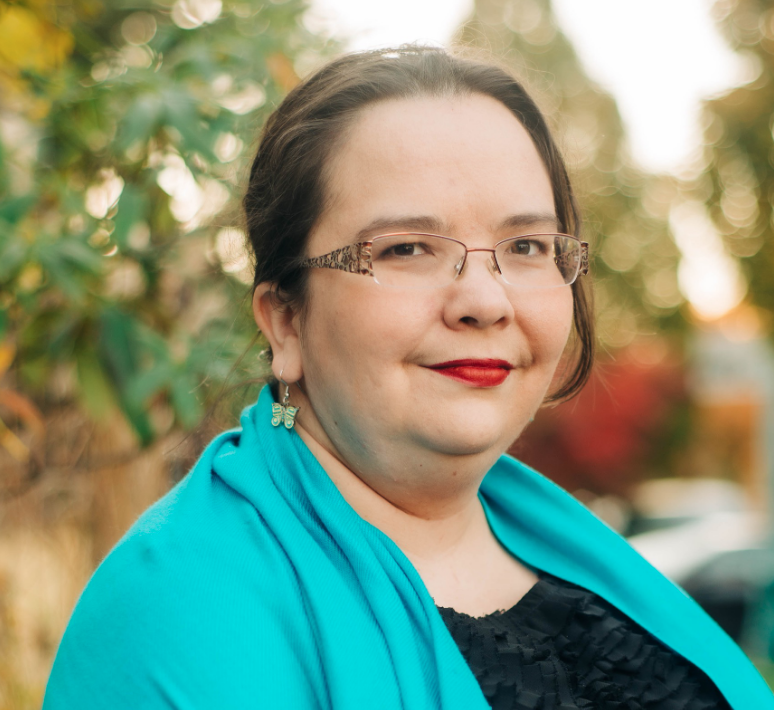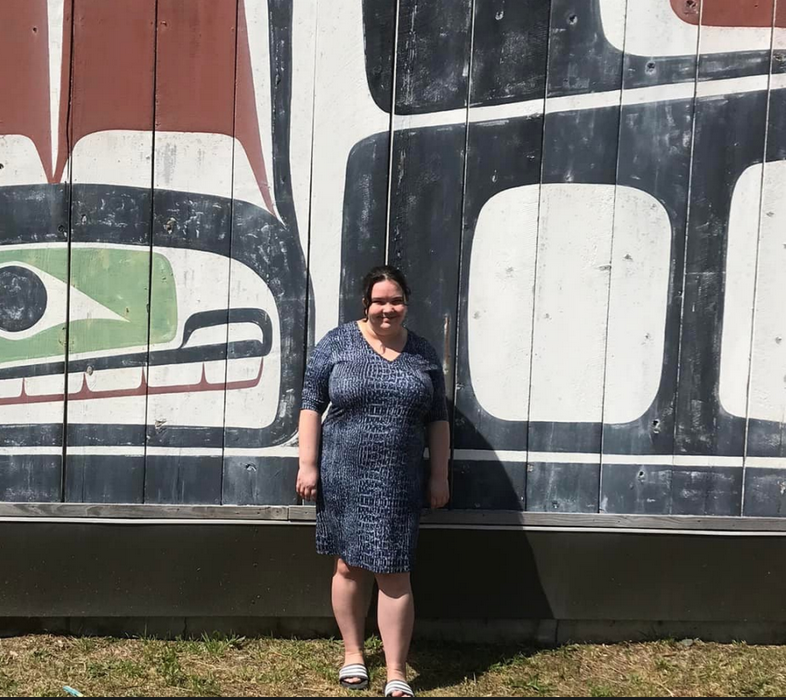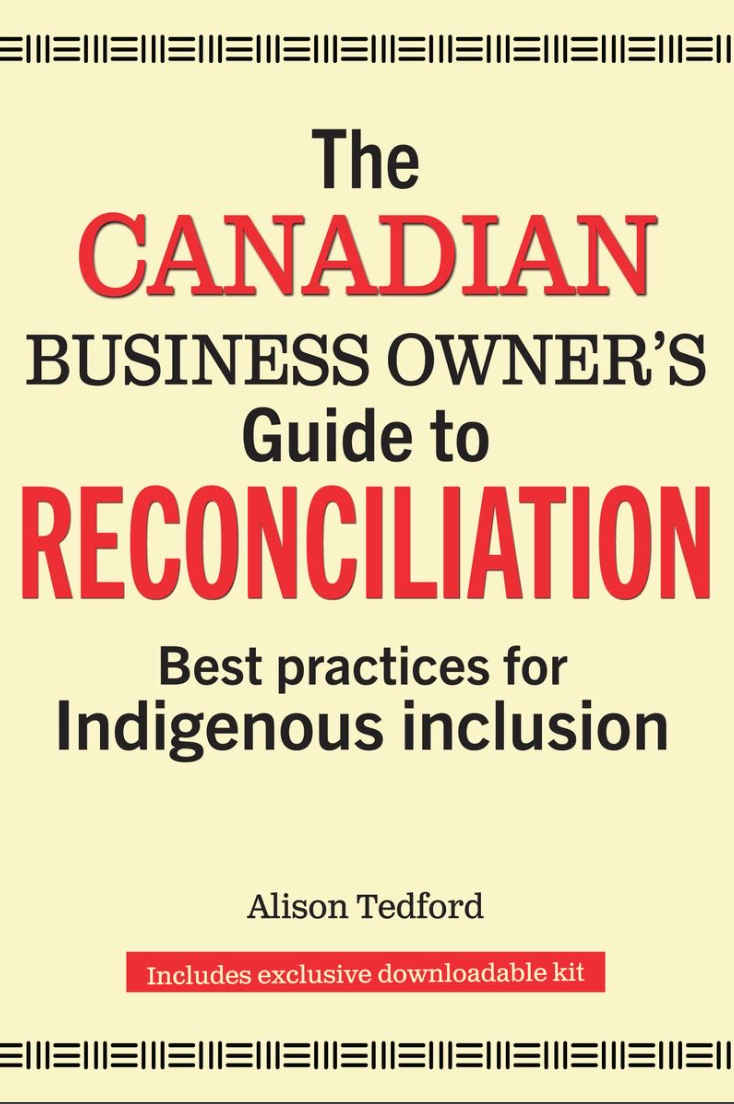Decolonizing Your Destination: Our Talk with Alison Tedford
Here at the WTA we have started a series of ‘lunch and learns’ for our members and community. In mid November, we had our first session with Kwakiuti author, Alison Tedford Seaweed. The topic was ‘Decolonizing Your Destination: Your Reconciliation Journey’.
Photo courtesy of Alison Tedford
We talk about journeys and destinations in tourism marketing, but how does that relate to the process that is improving relationships between Indigenous and non-Indigenous people? One of the big questions that business owners ask is, ‘What is my role in Reconciliation as a business owner? How can get I involved? How did we get here in the first place?’ Alison held a custom session for us with a special focus on the tourism industry.
“Education got us into this mess and education will get us out of it.” ~Honourable Murray Sinclair
We spent two hours with Alison; she was warm and welcoming and cracked wide open some hard issues for us to better understand. She quietly spoke about her rich family history and the pain of her ancestors being forcibly removed from Blunden Harbour. Her family endured so many hardships under the force of colonialism. We leaned more about Canada’s dark days —residential schools, the 60s scoop, Potlatch ban, treaties and the reserve system.
Fast forward to today. Alison spoke about the importance of understanding the history of the area upon where one resides and works. Imagine First Nations peoples living on the land that is now under your feet. We must honour and respect that these territories are ancestral and unceded. When one states a land acknowledgment, there should be a commitment to Reconciliation and understanding behind it.
Alison in Alert Bay
We discussed ‘Truth and Reconciliation Call to Action 92’; this is where we dug into what our members can do on their Reconciliation journey :
We call upon the corporate sector in Canada to adopt the United Nations Declaration on the Rights of Indigenous Peoples as a reconciliation framework and to apply its principles, norms, and standards to corporate policy and core operational activities involving Indigenous peoples and their lands and resources. This would include, but not be limited to, the following:
Commit to meaningful consultation, building respectful relationships, and obtaining the free, prior, and informed consent of Indigenous peoples before proceeding with economic development projects.
Ensure that Aboriginal peoples have equitable access to jobs, training, and education opportunities in the corporate sector, and that Aboriginal communities gain long-term sustainable benefits from economic development projects.
Provide education for management and staff on the history of Aboriginal peoples, including the history and legacy of residential schools, the United Nations Declaration on the Rights of Indigenous Peoples, Treaties and Aboriginal rights, Indigenous law, and Aboriginal-Crown relations. This will require skills based training in intercultural competency, conflict resolution, human rights, and anti-racism. We call upon the corporate sector in Canada to adopt the United Nations
How can we apply this to the Tourism Sector? Alison proposed a few ways to work this into our businesses/organizations.
Buy Indigenous: Think about the supply chain of the products that you purchase for your business and ensure that you are supporting local Indigenous people.
Indigenous Recruitment and Retention: Prioritize Indigenous candidates to be a part of your staff.
Educational Opportunities for Indigenous Youth: Consider how you can offer learning experiences or paid internships for Indigenous youth.
Community Joint Ventures with Indigenous Communities: What are ‘points of intersection’ that provide economic/social/cultural opportunities for your business and Indigenous communities?
Staff Training: ‘Put in the work’ to welcome Indigenous peoples to your team; understand their history and also educate your staff on the current issues. Are you ready to receive them into your business?
Environmental Sustainability: Indigenous peoples have always been the original stewards of the land. Tourism businesses should continue to protect and conserve the environment.
A Totem Pole carved by Willie Seaweed, Alison’s Great Great Grandfather
During our time together we delved into many more topics. For example, have you ever stopped to think about the fact that the BC’s ‘Highway of Tears’ stems from transportation inequity for Indigenous women? We also had a very informative Q & A.
Alison closed out her talk with some wise words. We are all on a Reconciliation journey together. We will all make mistakes. It is important to learn, ask questions and take action. We all just need to get started.
Alison has written a book, The Canadian Business Owner’s Guide to Reconciliation: Best practices for Indigenous Inclusion. It will be released in January and we highly recommend that you order a copy through your local independent book store.
You can also visit Alison’s website; she offers many different services that can help us along the way of our Reconciliation journeys.



